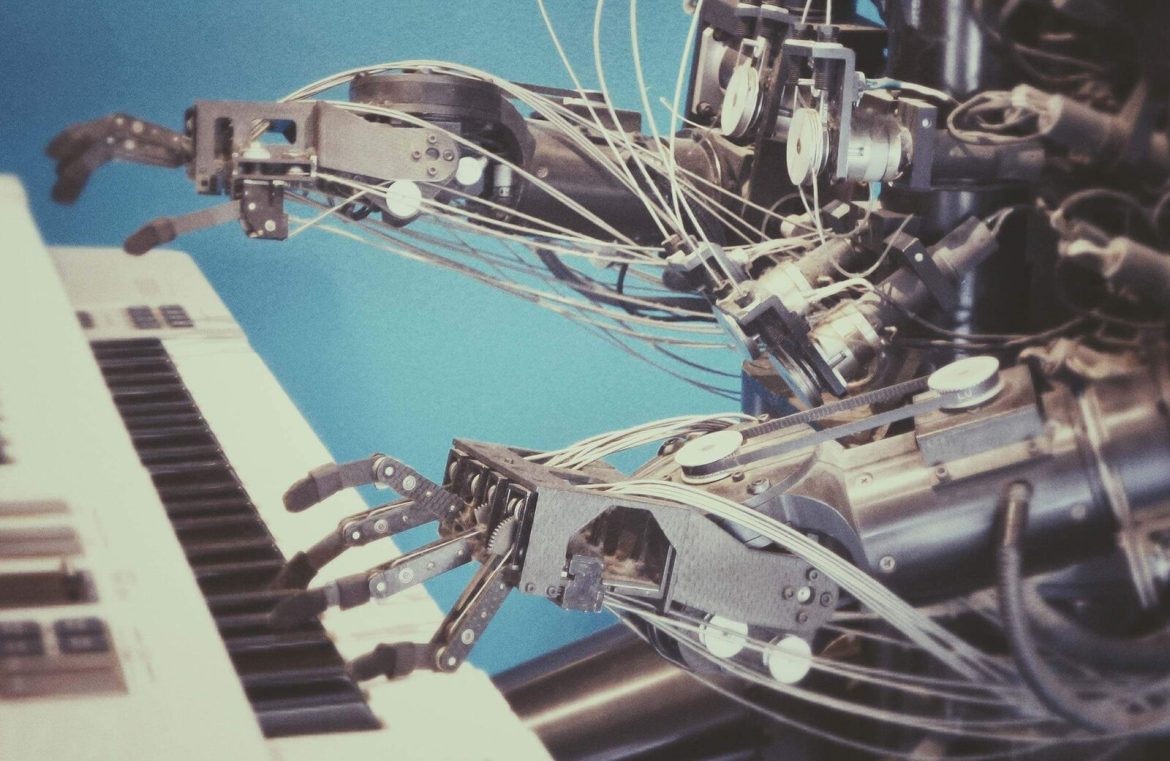The Fundamental Challenge for AI Creators
Let’s consider whether average individuals can genuinely create designs for others. Sure, we can – but it’s a hit-or-miss situation. If we manage to convey a somewhat jaded perspective of our human cognitive abilities to AI, it might just be possible to guide them in designing for human use. [pullquote]If we manage to convey a somewhat jaded perspective of our human cognitive abilities to AI, it might just be possible to guide them in designing for human use[/pullquote] It’s not merely because “humans are simple, isn’t it obvious”, though that is a component to consider. More significant is the fact that our cognitive and decision-making processes are frequently hampered by numerous factors. The human brain is extraordinary in almost every respect. We have yet to develop computers with a semblance of the brain’s adaptability, nor do we have data centers that match the brain’s estimated capacity for storage, at least according to higher approximations. Our brains are multitasking workhorses, continuously operating for every inch of our bodies, perpetually undergoing death and rebirth of cells, and often mulling over embarrassing memories from a decade back, detracting from our focus on the present. By contrast, even the most scatter-brained amongst us are no match for an AI’s unyielding focus. Task an AI with keyword detection, and it delivers. Instruct it to identify patterns and adapt, and it will comply. This is why Microsoft’s AI, Tay, quickly adopted racist tendencies after mingling with Twitter users. Assign an AI the job of locating a webpage’s “Buy” button, and assuming a set of flexible criteria, it’s likely to succeed with efficiency. Conversely, a highly intelligent human could get sidetracked because they navigate through life, not raw code, as an algorithm might. People get diverted by flashy advertisements, unexpected interruptions, or bouts of deep, existential contemplation. Guiding real people to a point of sale or merely into your website feels akin to rounding up felines, to say the least. It’s a monumental task teaching AI to navigate multiple pathways, weigh objectives, and manage such duties without disengaging the human user. The AI would need intricate programming to consider that the very species that invented computers can sometimes be dim-witted, illogical, inefficient, unfocused, or apathetic… it’s a familiar scene. Our finest moments of intellectual triumph are often best described as “peculiar”. Less generous descriptions might involve a slew of expletives.
The Project Specifications
So we must embark on a journey to educate AI on practices that humanity has been perfecting over countless years: We must mentor them on our perceptions of beauty and the continual flux of aesthetic preferences. We must train them to be productive without instilling unease. We have to consider our propensity for distraction, our affections for whimsy, and every imaginable variable. [pullquote]Even the most scholarly anthropologists wouldn’t claim to fully grasp the entirety of the human experience[/pullquote] Some theorize we may have to dumb down AIs’ thought processes to enable human-centric design. Personally, I foresee a more intricate challenge. Future designer AIs—if we wish them to surpass or at least equal human capabilities—won’t merely need to address predictable issues; they’ll have to identify novel human situations and our shortcomings to adapt their designs accordingly. The global human experience is beyond our training capabilities. First, such experiences are ever-evolving, and second, not even seasoned anthropologists would assert a complete understanding of human nature. Some overconfident software developers may make such claims, but we’re better off keeping them in the tech enclaves of Silicon Valley.
Conclusion
Given the complexity of the task at hand, our options might be limited to settling for generic, AI-generated designs that plateau at “adequate”. Alternatively, we’d have to create a truly sentient artificial consciousness and hope they desire something we can offer in exchange for the most revolutionary user interfaces our world has ever witnessed. But frankly, repurposing such an advanced construct seems like squandering potential firepower. Featured image courtesy of Unsplash.

